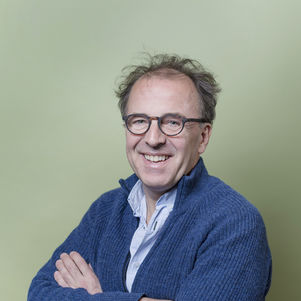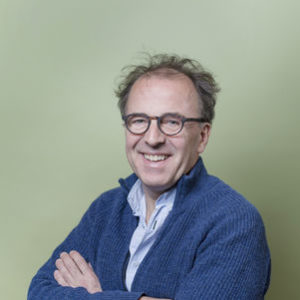In this video from the HiPEAC 2019, Koen Bertels from Delft University of Technology introduces the audience to quantum computing, explaining the potential power of quantum and delving into the quantum computing stack developed at Delft.
Quantum computers will revolutionize the way current computer machines operate and will open a completely new paradigm of computation. By exploiting quantum phenomena, these computers will be able to solve problems that are currently intractable even for the most powerful supercomputers. Since 1982, when Richard Feyman formulated the idea of a quantum computer, a lot of progress has been made. However, we are not yet at the commercial implementation of such computing systems. Currently, several research groups and also some companies such as IBM, Microsoft, Intel, Alibaba and Google are very active in this domain and are in the race for achieving ‘quantum supremacy’, when quantum computers outperform classical ones. On top of that, I believe that quantum computers will be on the market like accelerator technologies, just like GPUs and FPGAs currently are.
In my talk, I will introduce what quantum computers are but also how they can be used as a quantum accelerator. I will discuss why a quantum computer can be more powerful than any classical computer and what the components are of its system architecture. In this context, I will talk about our current research topics on quantum computing, what the main challenges are and what is available to our community. Finally, I will introduce the accelerator idea and give an example for quantum genome sequencing. Quantum computing has always been dominated by the quantum physics community. We are now reaching the phase where a real quantum computing system can be built, which is why it is very important that our community starts being involved in this quantum initiative.
Koen Bertels is head of the Quantum & Computer Engineering Department and head of the Quantum Computer Architectures Lab. He currently focuses on Quantum Computing and more specifically on the overall system design and architecture aspects. In this respect, He is a principal investigator in Qutech where I collaborate with experimental physicists on building prototype quantum processors. In the past, his research interests spanned two of the three research pillars of the Lab, namely Multi and Many-core architectures and Electronic System Level Design. More specifically, he was responsible for the Delft Workbench project that aims to provide semi-automatic support for designing heterogeneous multicore platforms where reconfigurable technology offers plenty of possibilities to generate application specific hardware at runtime.





